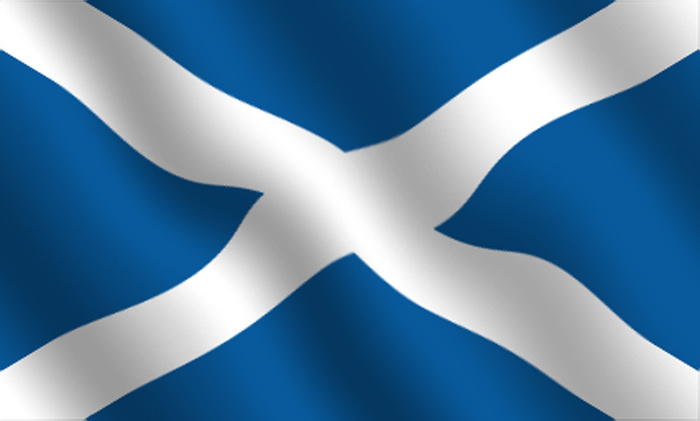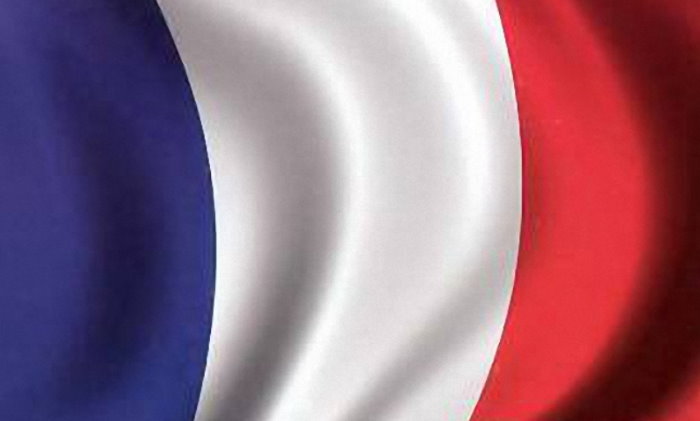|
John Graham, 1st Viscount of Dundee was called "Bluidy Clavers" (Bloody Claverhouse) by his opponents,
but regarded as human and fair by his followers among the Jacobites.
He began his military career in 1672 in a Scots’ Regiment in the service of the French King, Louis XIV. In 1674, during the Battle of Seneffe, he rescued the young Prince William of Orange when his horse fell in marshy ground. Two years later, following an unsuccessful siege of Maastricht, Graham resigned his commission and returned to Scotland. |

|

|
| In 1689, after the overthrow of King James VII of Scotland, he became a fervent supporter of the Stuart cause. Viscount Dundee raised his standard on Dundee Law in support of the Jacobite cause. His greatest victory was at the Battle of Killiecrankie (on 27 July 1689) against much greater Williamite forces led by General Hugh Mackay. The Highlanders were completely victorious, but their leader, in the act of encouraging his men, was pierced beneath the breastplate by a musket ball of the enemy, and fell dying from his horse. Graham reputedly asked a soldier “How goes the day?” The man replied “Well for King James, but I am sorry for your lordship.” The dying Graham replied, “If it goes well for him, it matters the less for me.” |

|
The battle, disastrous as it was to the government forces, was in reality the end of the insurrection, for the controlling and commanding genius of the rebellion was no more. Killicranckie had little overall effect on the outcome of the war. Without their leader the Jacobites’ forces were scattered at the Battle of Dunkeld the next month.
The Battle of Killiecrankie has made a deep impression. The government drew the lesson it had to build roads to secure and get faster its troops moving. Between 1725 and 1737 general Wade directed the construction of some 250 miles (400 km) of road, plus 40 bridges, a formidable task which still constitutes the backbone of communication channels of Scotland. The Jacobites immortalized their victory a century later in a poem by Walter Scott where John Graham of Claverhouse has received the posthumously nickname of “Bonnie Dundee”. Today’s only known by this nickname Graham never heard it during his lifetime.

|

|
Killicranckie Pass and the soldier’s leap
During the battle, one of Mackay’s soldiers, Donald MacBean, is said to have jumped (loosing one shoe) 18ft across the River Garry to safety at what is now known as the "Soldier’s Leap". |
The words are by Sir Walter Scott, but there is an older lyric version called "Jockey’s Escape to Dundee."
The tune may have been composed by Charlotte Sainton-Dolby in the 19th Century.
The song has been used as a regimental march by several Scottish regiments in the British army
and was adapted by Confederate troops in the American Civil War (the song “Riding a Raid” takes place
during the 1862 Antietam Campaign).
The version below is from The Corries.

To the Lords o’ Convention ’twas Claverhouse spoke E’er the King’s crown go down there are crowns to be broke So each cavalier who loves honour and me Let him follow the bonnets o’ Bonnie Dundee
Chorus
Dundee he is mounted and rides up the street
Chorus
There are hills beyond Pentland
Chorus
And awa tae the hills, tae the lee and the rocks
Chorus * 2 |

Aux Lord de la convention, Claverhouse s’adressa Avant celle du roi bien des têtes choiront Que chaque cavalier de son honneur épris se rallie aux bonnets de Bonnie Dundee
Refrain
Refrain
Il y a des collines au delà de Pentland
Refrain
Loin dans les montagnes ventées et rocailleuses
Refrain * 2 |
|
The Corries
|
The McCalmans
|

